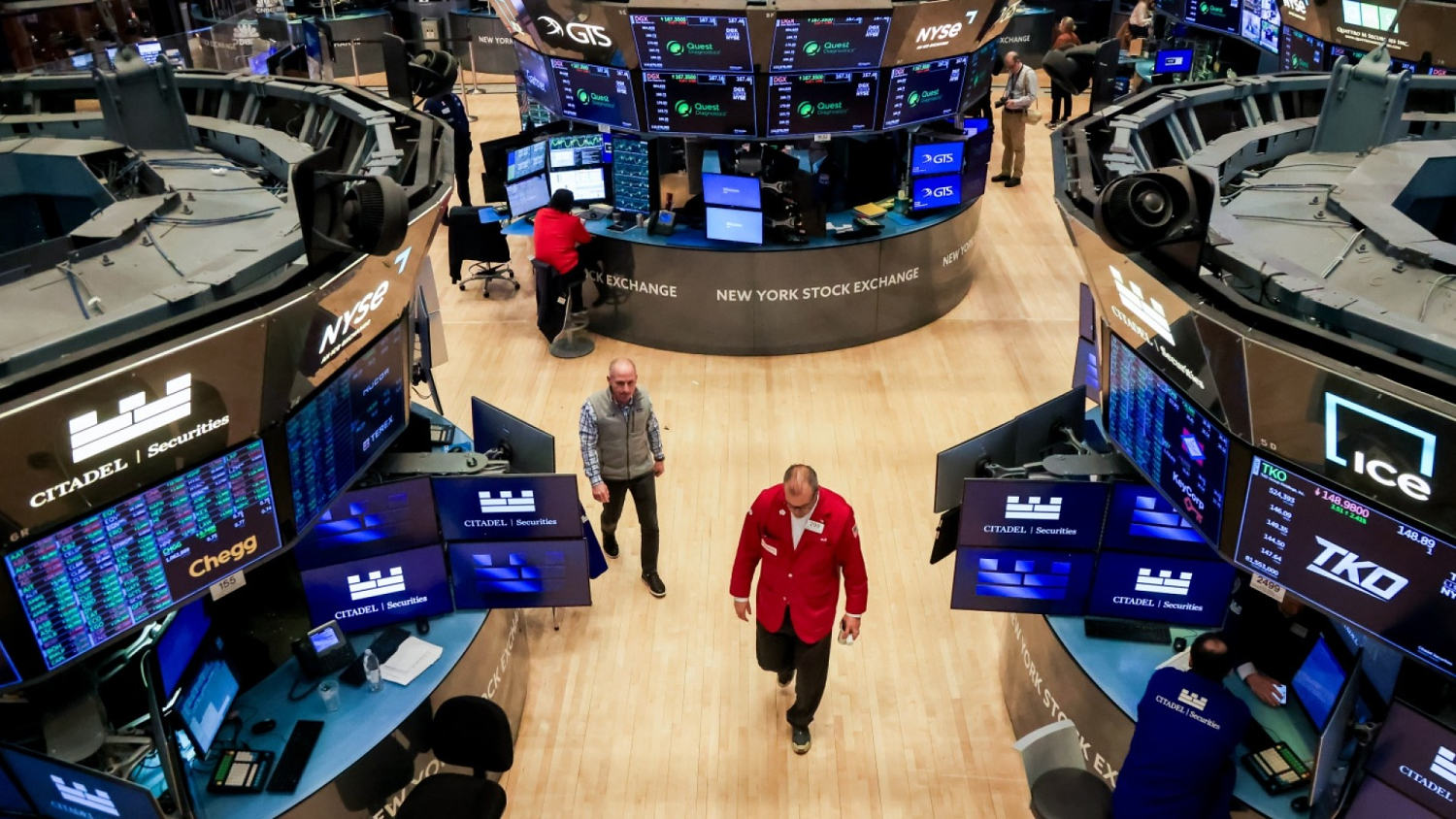A new ‘guiding mind’ for the industry will end the fragmentation that came with privatisation. But the public will want to see cheaper tickets too
Government guidance documents rarely feature soaring prose to fire the imagination. But a recent Department for Transport policy update contained one passage to lift the spirits of train users up and down the country. Setting out the future of Great British Railways (GBR), the public body that will oversee a renationalised and reintegrated rail network, its authors observe that “instead of having to navigate 14 separate train operators, passengers will once again simply be able to use ‘the railway’”.
Last month, this journey back to the future began as the first renationalised South Western Railway (SWR) service departed Woking for London Waterloo, complete with union jack branding and the logo “Great British Railways: coming soon”. The remaining nine private franchises will be back in public ownership by 2027, by which time a new GBR headquarters will be up and running in Derby. The transport secretary, Heidi Alexander, hailed the moment as a new dawn. There can be little doubt that a reset is badly needed. Fragmentation, in the name of competition, was the original sin of the destructive and ideological privatisation of the rail network in the 1990s. The wrongheaded decision to separate the management of track and trains led to confused accountability and buck-passing between train operators and Network Rail.
Do you have an opinion on the issues raised in this article? If you would like to submit a response of up to 300 words by email to be considered for publication in our letters section, please click here.
Related Posts

Technical Analysis: 4 Stocks with signs of death crossovers to keep an eye on

HDFC Bank & 3 other fundamentally strong stocks trading above 200 DMA to keep an eye on

Falling Channel Breakout: Multibagger NBFC Stock Shows Bullish Momentum on Daily Chart

4 Fundamentally strong stocks to buy for an upside potential of up to 36%; Do you hold any?





